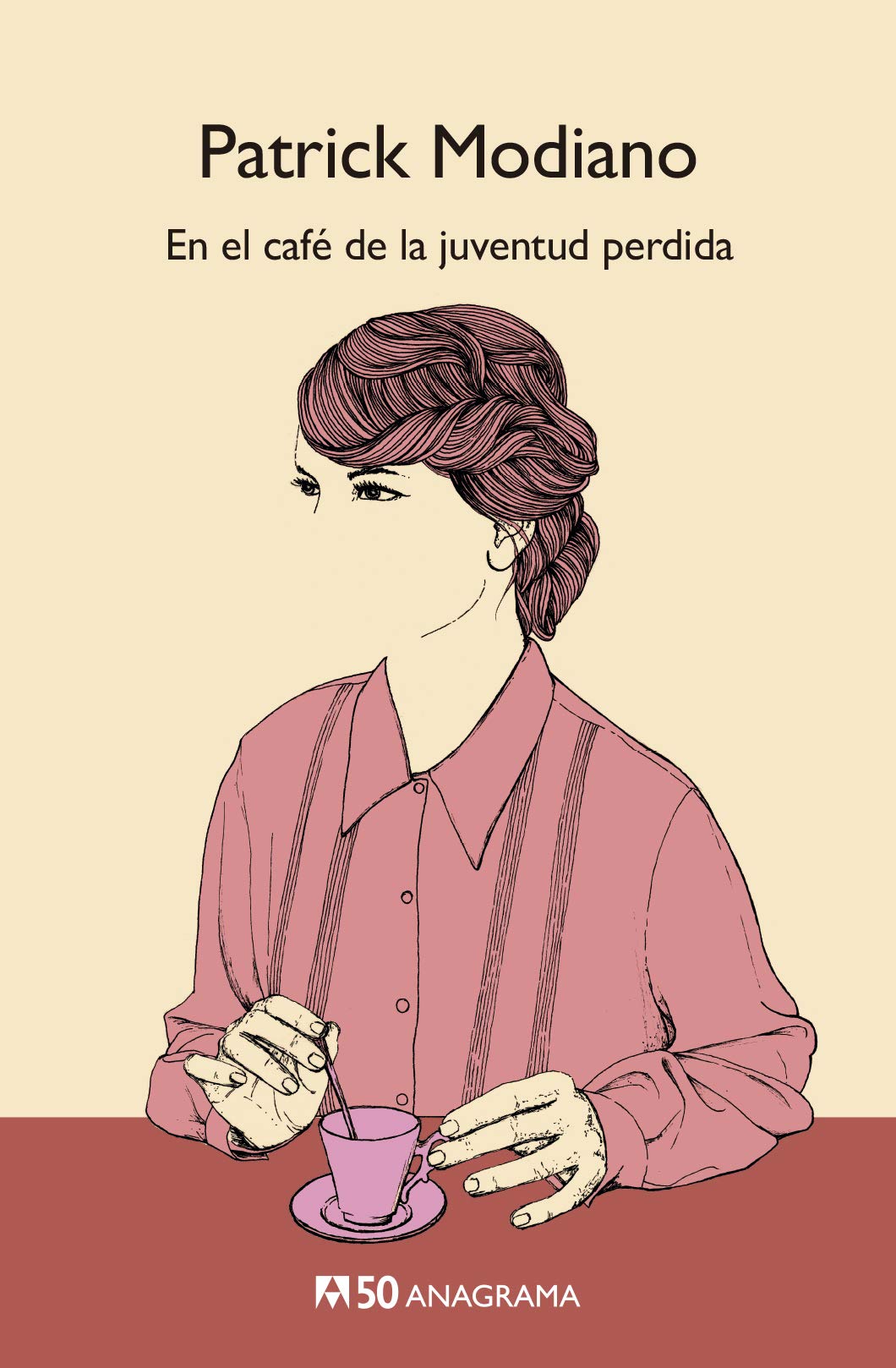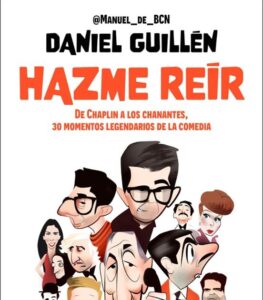
Review of the book “At the Café of Lost Youth” by Patrick Modiano.
At the Café of Lost Youth is a novel by French writer Patrick Modiano, published in 2007. The story takes place in 1960s Paris and revolves around a young woman named Louki and her life in the cafés and bars of the city’s Latin Quarter.
In this post I would like to talk about a novel that has impressed me a lot: At the Café of Lost Youth, by Patrick Modiano, Nobel Prize for Literature in 2014. It is a work that combines nostalgia, mystery and the search for identity in Paris in the sixties, through the enigmatic and fascinating figure of a woman called Louki.
The novel is divided into four parts, each narrated by a different man who met Louki at some point in his life. The first is a student who frequents the Café Condé, a meeting place for cursed poets, future Situationists and bohemians of all kinds. There he sees Louki for the first time, a young woman who enters and leaves the café without speaking to anyone, accompanied by an older man. The student is attracted by her beauty and her mystery, and tries to find out who she is and what she does.
The second narrator is the man who accompanies Louki, a private detective who has followed her since she ran away from her husband, a famous writer. The detective has fallen in love with Louki and offers her his protection and company, but he knows that she does not belong to him and that she has a dark and painful past.
The third narrator is a friend of Louki’s husband, a young writer who is also fascinated by her and who tries to get closer to her world. Louki confides in him some secrets from his childhood, such as the fact that his mother worked at the Moulin Rouge and that she lived in cheap hotels and boarding houses. Louki tells him that he wants to escape from his former life and start over, but he doesn’t know how to do it.
The fourth and final narrator is a childhood friend of Louki, who met her when they were both children and lived in the same neighborhood. He tells the reader what Louki was like before she became the mysterious woman at the Café Condé, what her real name was (Jacqueline Delanque) and what her relationship was like with her mother, an alcoholic and depressive woman. He also reveals Louki’s tragic fate, who disappeared without a trace.
At the Café of Lost Youth is a masterful novel, written in elegant and precise prose, which immerses us in the atmosphere of 1960s Paris, with its streets, its cafés, its characters and its secrets. It is also a novel about memory, about the difficulty of knowing others and oneself, about love and loneliness. Patrick Modiano offers us a moving and poetic portrait of a woman who was looking for her place in the world, but never found it.
The novel is divided into four parts, each told from the perspective of a different character who has met Louki. These characters include a university student named Roland, a musician named Gérard, a woman named Jacqueline, and Modiano himself.
Through these different perspectives, Modiano creates an enigmatic and evocative portrait of Louki, a young woman searching for her place in the world and hiding a dark past. The novel is also a reflection on lost youth and nostalgia for places and people of the past.
Modiano creates a nostalgic and poetic atmosphere, using simple and elegant prose. His characters are complex and realistic, and their lives are intertwined in a way that suggests that each person’s life is incomplete without the presence of the others.
“At the Café of Lost Youth” is a literary work that evokes the feeling that life is ephemeral and that happy moments are fleeting. The novel also suggests that the past is something we can never recover, but it always haunts us.
In short, “At the Café of Lost Youth” is a poetic and evocative novel that deals with themes such as nostalgia, lost youth and the past. Modiano creates an enigmatic and melancholic atmosphere, using simple and elegant prose. It is a must-read literary work for any lover of contemporary literature.
Source: https://algunoslibrosbuenos.com/en-el-cafe-de-la-juventud-perdida


